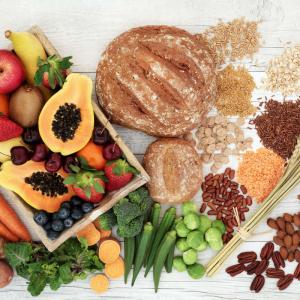When morning sickness appears and when it disappears
Nausea in pregnancy is the result of the sudden increase in hormone levels, a very sharp increase in the first 3 months, which then stabilizes. In most cases, they are minor symptoms and do not require treatment.
Sickness improves between weeks 12 and 16, but approximately 1 in 5 women remains sick throughout the pregnancy. Although they are called morning sickness, the conditions can appear at any time of the day, and each episode lasts between 1 and 4 hours. In some women, the symptoms are more severe, and the episodes, which appear and disappear, more frequent.
Risks for the baby
The physical effort of vomiting and sickness do not affect the fetus. If the illness lasts a long time and is severe, it is possible that the fetus does not gain weight as it should.
Risks for mothers
Dehydration leads to a state of fatigue and lack of energy. You may feel uncomfortable because your mouth is dry and you may have heartburn due to sickness. The level of essential vitamins can decrease, especially vitamin B, this can frequently cause problems, if you do not administer vitamins to replace their loss.
Illness can disrupt family life, especially if hospitalization is necessary.
How can bad conditions be improved?
Nausea and vomiting during pregnancy can be relieved with medicines prescribed by the doctor. Also, a vitamin tablet can be prescribed 3 times a day, if oral pills are tolerated, and if not, a vitamin injection that can be administered once a week. At the same time, pills for heartburn can be taken, if necessary.
What we eat and what we don't eat when we have nausea in pregnancy
- It is good to gnaw regular biscuits, at regular intervals between meals, to relieve nausea.
- Introduce snacks such as toast and jam (no butter), sandwiches (low-fat extras), soups and crackers, breakfast cereals, skimmed milk - these can be just as nutritious as regular meals
- Avoid fatty foods and dairy products
- Avoid spicy foods
Expert advice
- The most important thing is to drink fluids. Drink any kind of liquid. Sugary and carbonated drinks can be useful to you sometimes. Avoid milk-based drinks
- Eat with small sips. An empty stomach makes vomiting worse by increasing heartburn
- Some doctors believe that it is better to eat and drink at different times, not at the same time
- Get enough rest and keep the room well ventilated
- Avoid long car journeys
If you want to consider natural therapies, contact your doctor to discuss this. There is some evidence to suggest that ginger reduces nausea.







